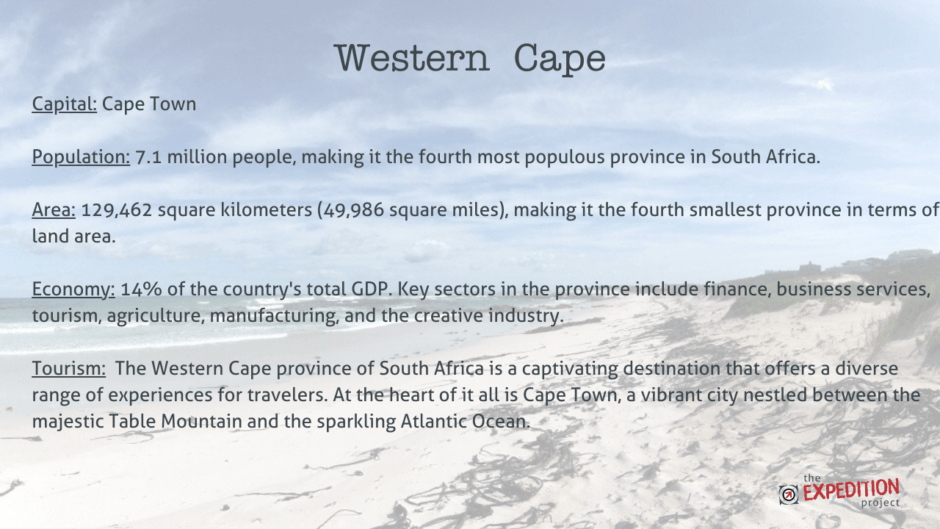
The Western Cape is one of the nine provinces of South Africa and is located in the southwestern part of the country.
Cape Town, the legislative capital of South Africa, is situated in the Western Cape. It is a popular tourist destination known for its iconic Table Mountain, stunning beaches, and vibrant culture.
The Western Cape has a diverse climate, with Mediterranean-like conditions along the coastal areas and semi-arid conditions in the interior. This climatic variation contributes to the region’s rich biodiversity.
The Western Cape is home to the Cape Floral Kingdom, a UNESCO World Heritage Site and one of the world’s six floral kingdoms. It is known for its incredible plant diversity, including the famous fynbos vegetation.
The region is renowned for its wine production, with the Cape Winelands being a major wine-producing area. Stellenbosch, Franschhoek, and Paarl are popular towns within the Cape Winelands, offering wine tastings and scenic vineyard landscapes.
The Western Cape boasts a coastline stretching over 1,000 kilometres (620 miles), providing numerous opportunities for water activities such as surfing, whale watching, and shark cage diving.
The Cape Peninsula, located in the Western Cape, is a narrow strip of land that extends south from Cape Town and is known for its breathtaking coastal scenery. It is home to attractions like the Cape of Good Hope and Boulders Beach, famous for its African penguin colony.
Robben Island, situated off the coast of Cape Town, holds significant historical importance. It served as a political prison during the apartheid era, and Nelson Mandela, South Africa’s first black president, was incarcerated there for 18 years.
The Western Cape has a rich cultural heritage influenced by its history of colonization, indigenous communities, and immigrant populations. It is a melting pot of diverse cultures, including Xhosa, Afrikaans, English, and various international communities.
The region offers a variety of outdoor activities, including hiking, mountain biking, and wildlife safaris. The Western Cape is home to several nature reserves and national parks, such as the Table Mountain National Park, where visitors can explore stunning landscapes and encounter unique flora and fauna.
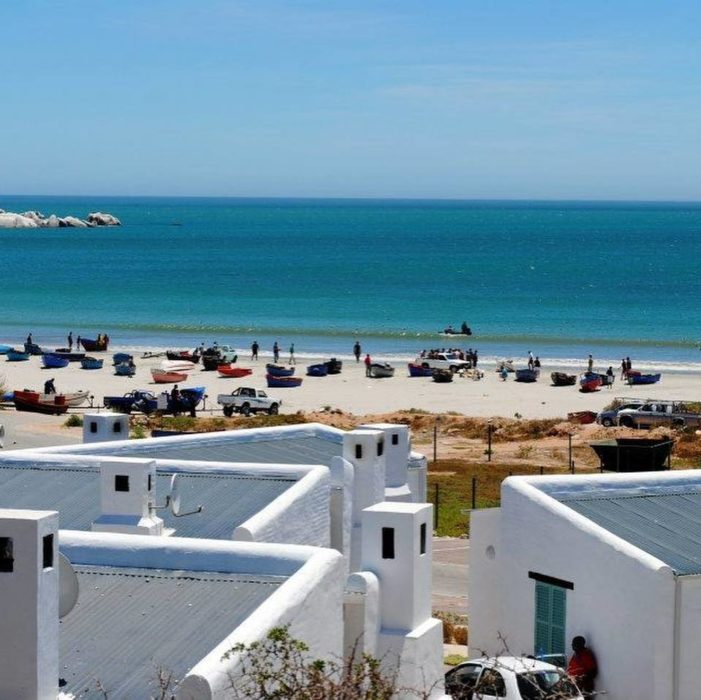
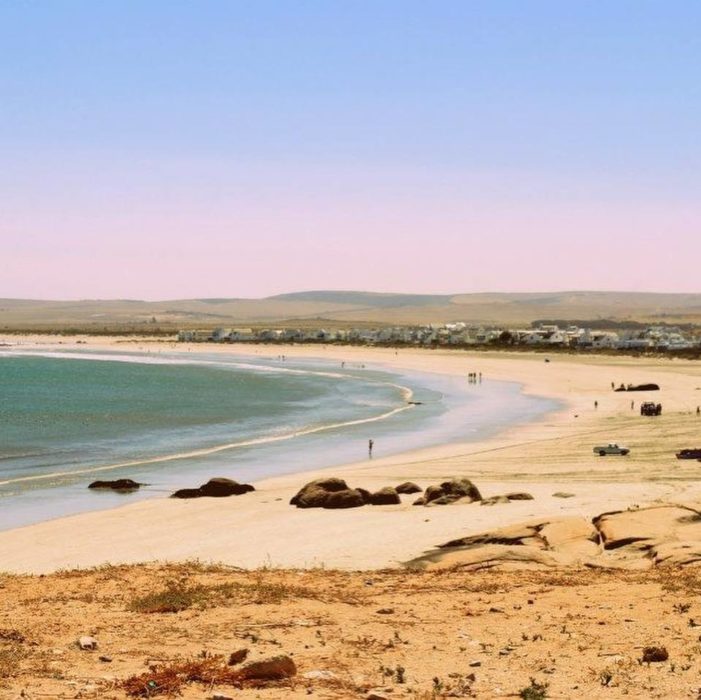
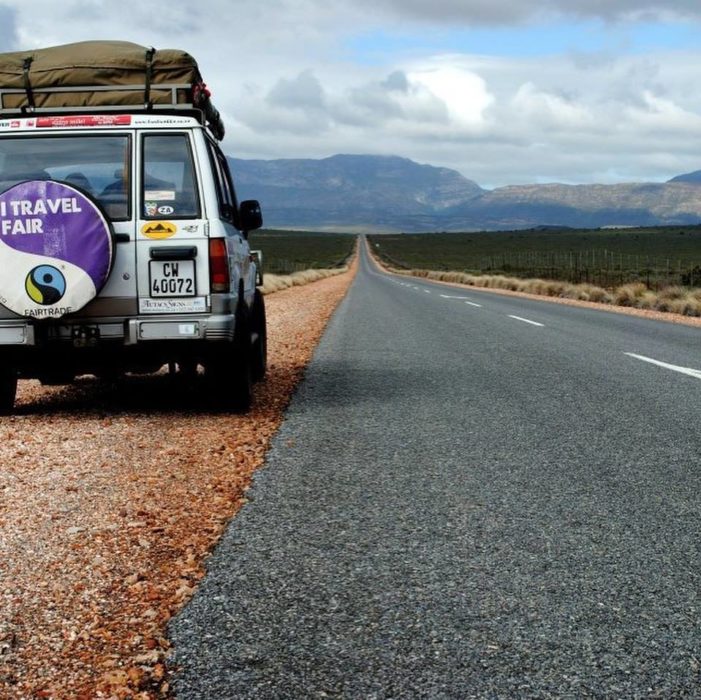

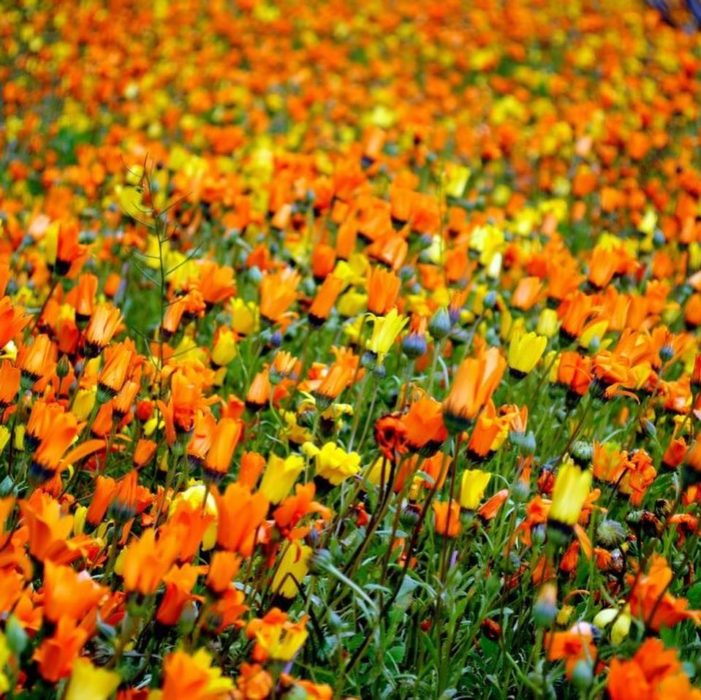
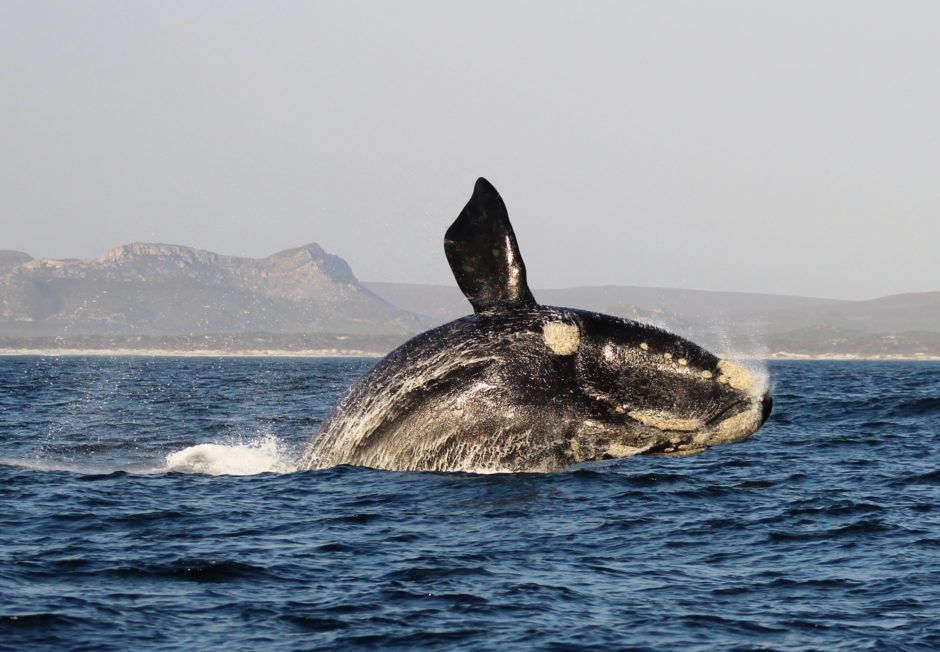
Population: As of 2021, the estimated population of the Western Cape is around 7.1 million people, making it the fourth most populous province in South Africa.
Area: The Western Cape covers an area of approximately 129,462 square kilometres (49,986 square miles), making it the fourth smallest province in terms of land area.
Economy: The Western Cape has a diverse and robust economy. It contributes significantly to South Africa’s GDP, accounting for about 14% of the country’s total GDP. Key sectors in the province include finance, business services, tourism, agriculture, manufacturing, and the creative industry.
Unemployment: Unemployment is a significant challenge in the Western Cape, as in many other parts of South Africa. However, the province has made efforts to address this issue. As of 2021, the official unemployment rate in the Western Cape was around 27%.
Education: The Western Cape has a relatively high literacy rate compared to the national average in South Africa. The province has numerous educational institutions, including universities, colleges, and schools, providing quality education and research opportunities.
Tourism: The Western Cape is a popular tourist destination, attracting both domestic and international visitors. In 2019, before the COVID-19 pandemic, the province welcomed around 2.7 million international tourists, contributing significantly to its economy.
Health: The Western Cape has a well-developed healthcare system, with a number of public and private hospitals, clinics, and healthcare facilities. Cape Town is home to some of the leading medical research and healthcare institutions in Africa.
Crime: Like other urban areas in South Africa, crime is a concern in certain parts of the Western Cape. However, the provincial government has implemented various initiatives to improve safety and security.
Transport: The Western Cape has an extensive transportation network, including roadways, railways, and airports. Cape Town International Airport is the third busiest airport in Africa and serves as a major transportation hub.
Governance: The Western Cape has its own provincial government, headed by a Premier and a Provincial Parliament. It has its own legislative and executive powers, which allow it to make decisions and implement policies specific to the province’s needs.
Maps and Routes
Western Cape – West Coast – Cape Town to Vanrynsdorp
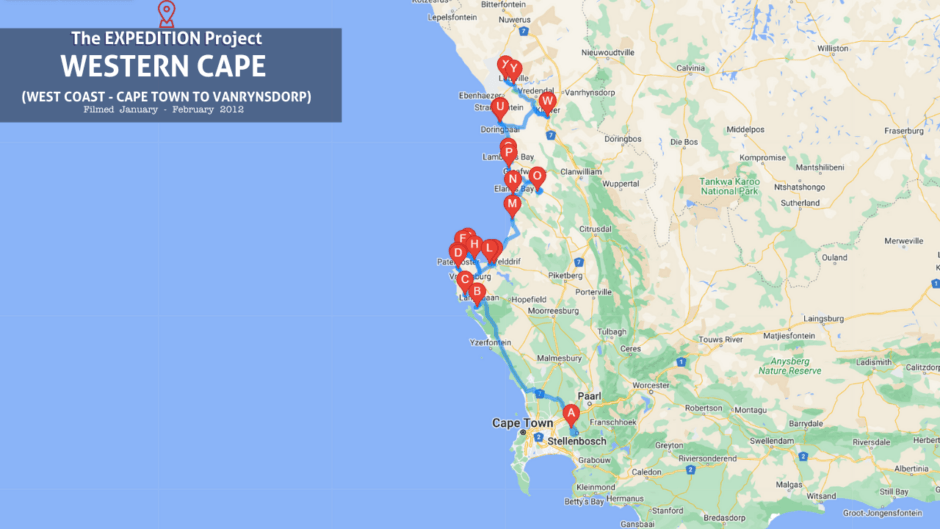
Get route details here
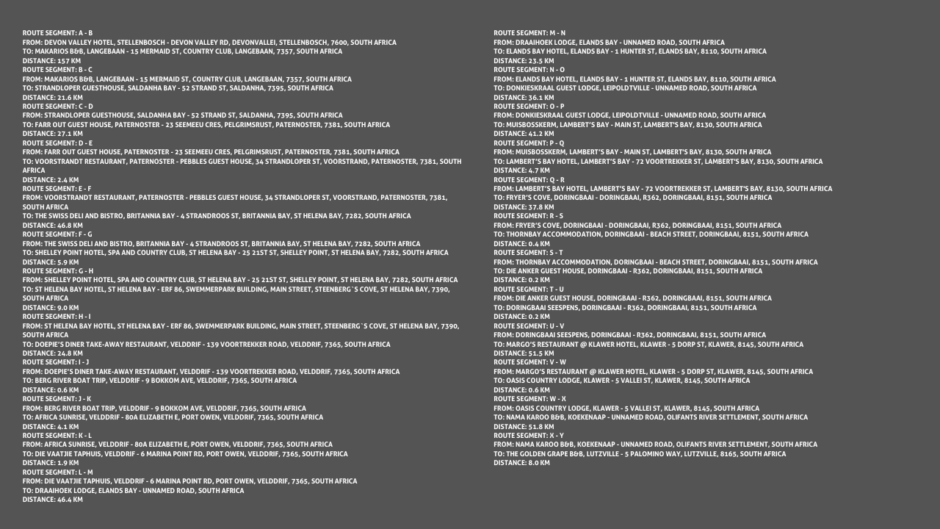
Get route details here
Made with TEP’s Route Planner
Western Cape – West Coast
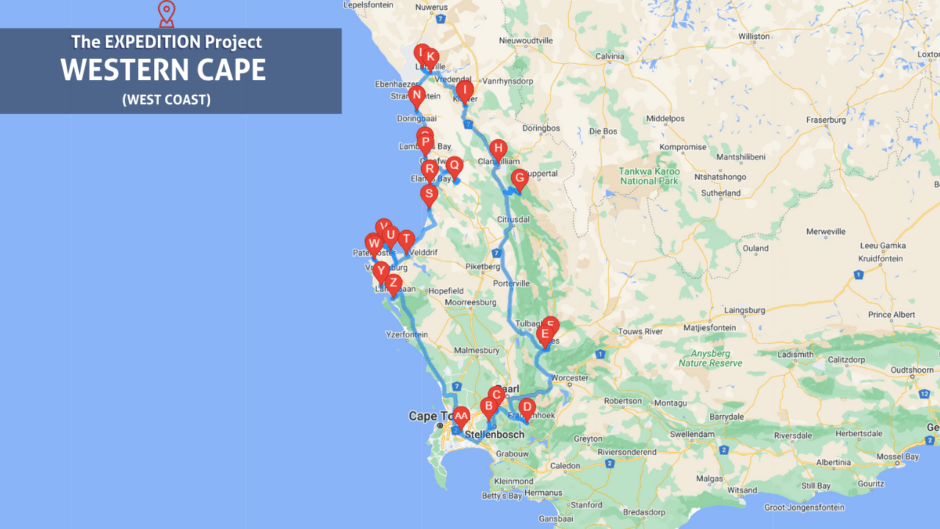
Get route details here
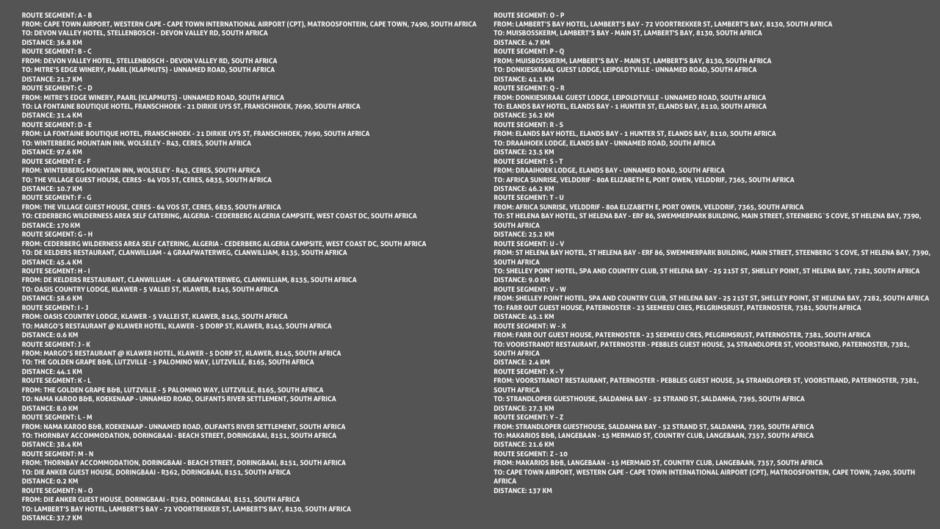
Get route details here
Made with TEP’s Route Planner
Western Cape – East Coast and Karoo
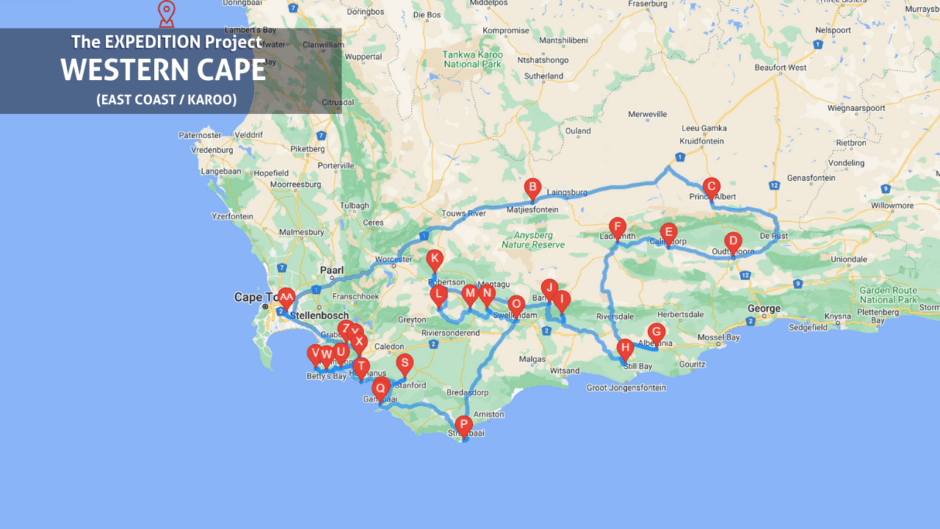
Get route details here
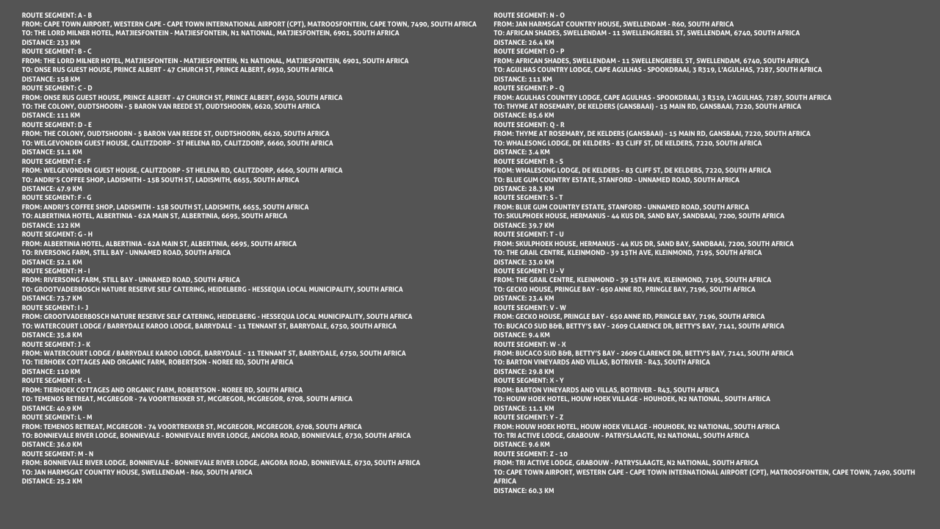
Get route details here
Made with TEP’s Route Planner




Leave a Reply
You must be logged in to post a comment.